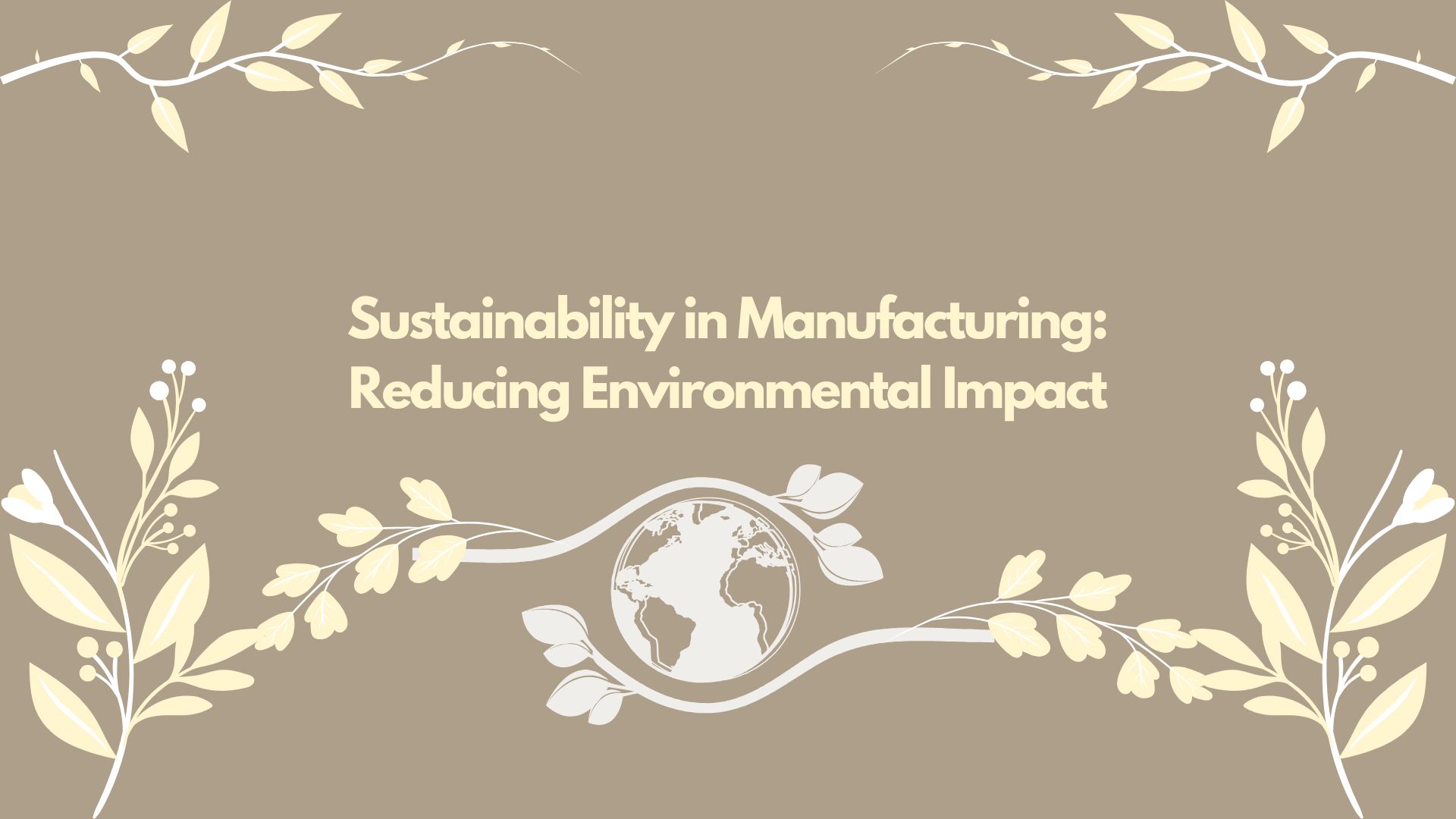Introduction
Sustainability is becoming increasingly important in the manufacturing industry. As environmental concerns grow, manufacturers are under pressure to reduce their environmental impact while maintaining efficiency and profitability. This blog explores the benefits and strategies for implementing sustainable practices in manufacturing.
The Importance of Sustainability in Manufacturing
Sustainability in manufacturing involves minimizing the environmental impact of production processes, reducing waste, and conserving resources. It is essential for protecting the environment, complying with regulations, and meeting the growing demand for eco-friendly products.
Benefits of Sustainable Manufacturing
- Reduced Environmental Impact: Lower emissions, less waste, and decreased resource consumption.
- Cost Savings: Energy-efficient processes and waste reduction can lead to significant cost savings.
- Enhanced Reputation: Companies committed to sustainability often enjoy a better reputation and customer loyalty.
- Regulatory Compliance: Adhering to environmental regulations helps avoid fines and legal issues.
- Innovation: Sustainable practices often lead to innovative solutions and improved processes.
Strategies for Sustainable Manufacturing
- Energy Efficiency: Implement energy-efficient technologies and practices to reduce energy consumption.
- Waste Reduction: Adopt lean manufacturing principles to minimize waste and improve resource use.
- Renewable Energy: Use renewable energy sources, such as solar or wind power, to reduce reliance on fossil fuels.
- Sustainable Materials: Source materials from sustainable and ethical suppliers.
- Circular Economy: Design products with recycling and reusability in mind to minimize waste.
Case Study: Sustainable Practices at [Company Name]
[Company Name], a leading consumer electronics manufacturer, implemented several sustainable practices with impressive results:
- 30% Reduction in Energy Consumption: Upgraded to energy-efficient equipment and optimized processes.
- 50% Decrease in Waste: Adopted lean manufacturing principles and improved recycling efforts.
- Enhanced Brand Image: Gained recognition for their commitment to sustainability, boosting customer loyalty.
Conclusion
Sustainability is no longer a choice but a necessity for manufacturers. By adopting sustainable practices, manufacturers can reduce their environmental impact, save costs, and enhance their reputation. Embracing sustainability is essential for long-term success and a healthier planet.









